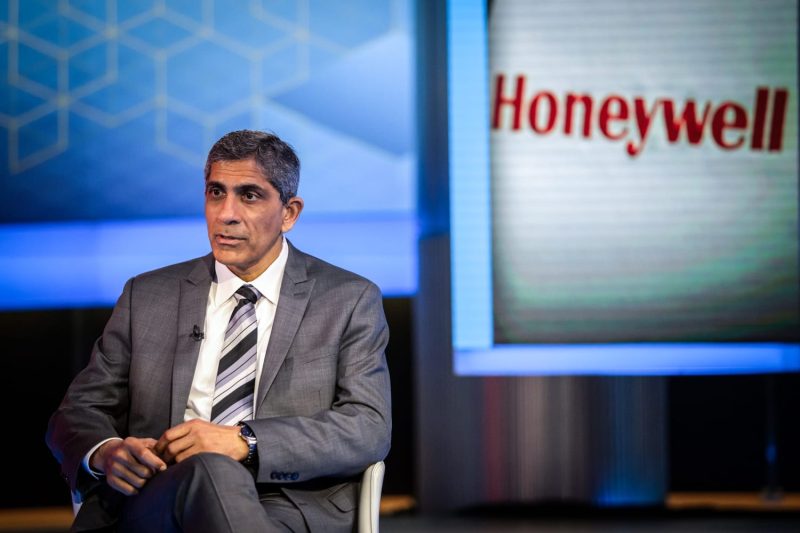In a recent interview with Vimal Kapur, the CEO of Honeywell, he delved into his thoughts on the potential benefits of artificial intelligence (AI) in the realm of productivity. Kapur expressed his belief that contrary to the common notion, the ultimate payoff from AI implementation may not solely come from productivity gains. This perspective challenges conventional thinking within the business world and offers a fresh insight into the multifaceted impact of AI.
Kapur emphasized the importance of looking beyond traditional metrics of success when assessing the value of AI technology. While boosting productivity remains a significant driver for AI adoption, he highlighted other crucial factors that contribute to its overall impact. Kapur stressed the transformative influence of AI on customer experience, innovation, and employee engagement. By focusing on these aspects, companies can harness the true potential of AI and position themselves for sustainable success in the digital age.
Moreover, Kapur emphasized the role of AI in fostering creativity and driving innovation within organizations. He suggested that AI can serve as a catalyst for pushing boundaries and redefining traditional business models. By leveraging AI capabilities to streamline operations and enhance decision-making processes, companies can foster a culture of continuous improvement and adaptability. Kapur’s insights underscore the importance of viewing AI as a tool for enabling innovation rather than just a means to enhance productivity.
Furthermore, Kapur touched upon the significance of human-machine collaboration in realizing the full benefits of AI. Rather than viewing AI as a replacement for human labor, he proposed a more integrated approach where humans and machines work together to maximize efficiency and drive value. Kapur emphasized the need for upskilling and reskilling efforts to equip employees with the necessary capabilities to complement AI technologies effectively. This collaborative mindset paves the way for a more harmonious integration of AI into the workforce, ensuring that humans remain at the forefront of decision-making processes.
In conclusion, Vimal Kapur’s insights shed light on a new paradigm for evaluating the impact of AI within organizations. By emphasizing the broader benefits of AI beyond productivity gains, he encourages businesses to adopt a holistic approach towards leveraging AI technology. By focusing on customer experience, innovation, and human-machine collaboration, companies can unlock new opportunities for growth and competitive advantage in an increasingly digital world. Kapur’s forward-thinking perspective challenges businesses to rethink their AI strategies and embrace a more comprehensive view of AI’s potential impact.
